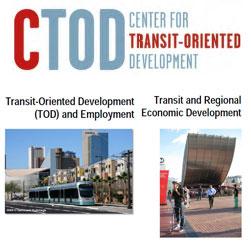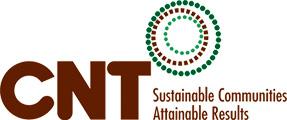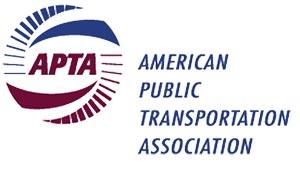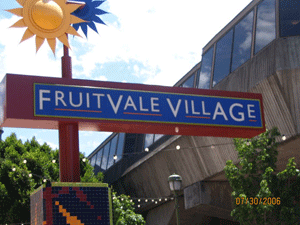An advocacy group formed jointly by Reconnecting America and the Center for Neighborhood Technology, this group has been at the forefront of efforts to promote transit-oriented development, including through the 2004 book, The New Transit Town. Read more about Center for Transit-Oriented Development...



